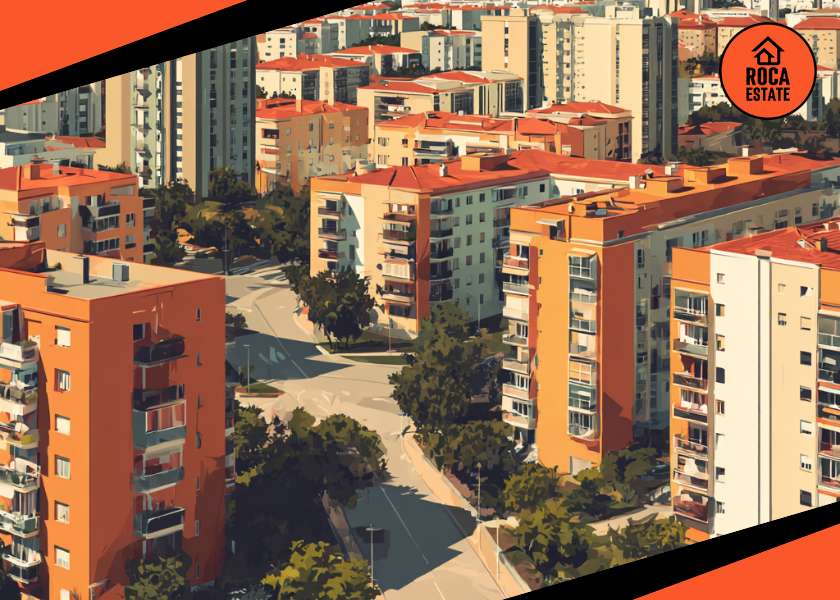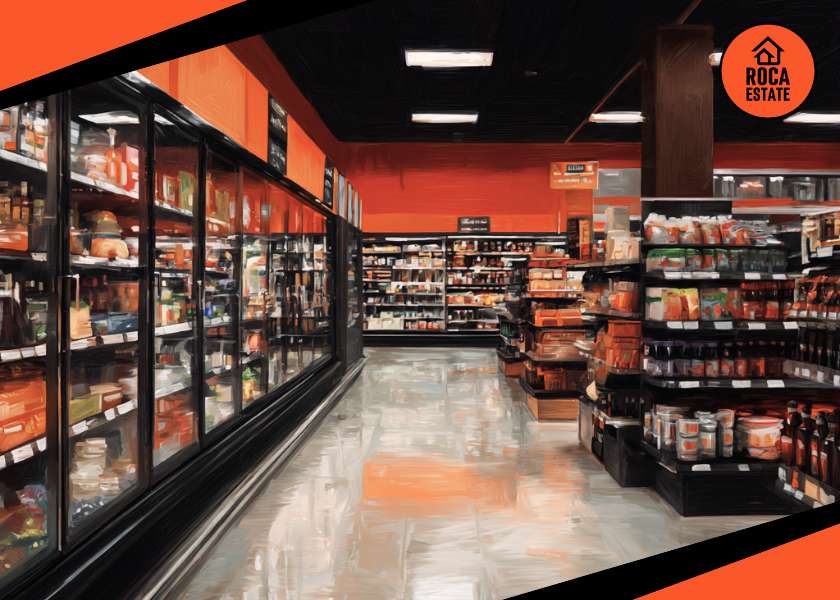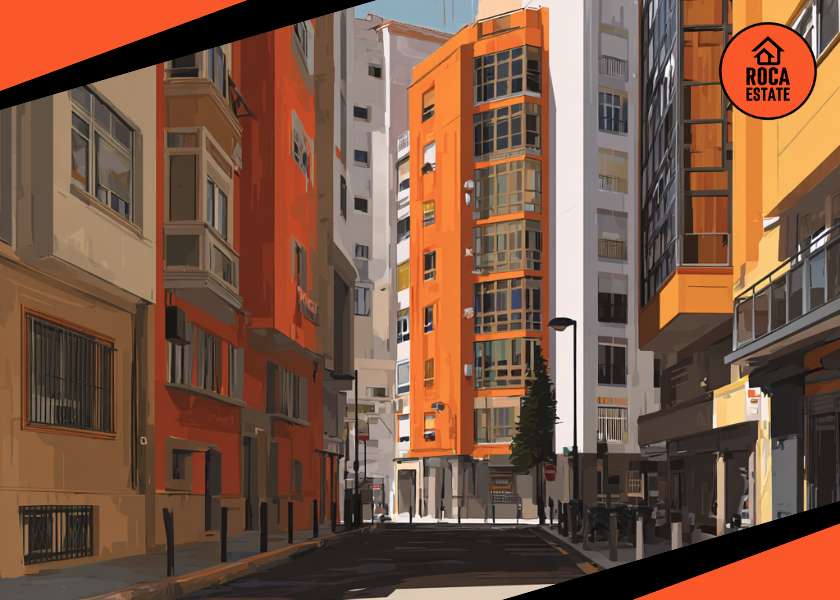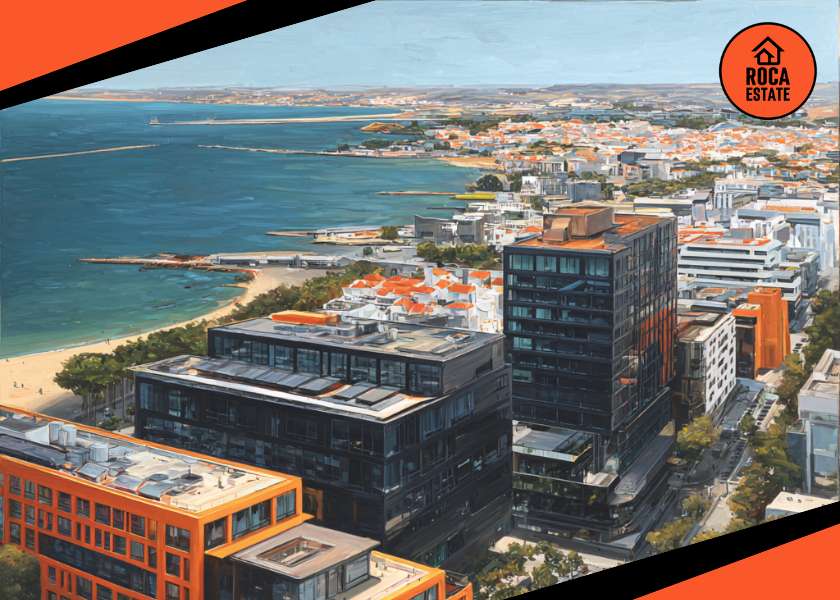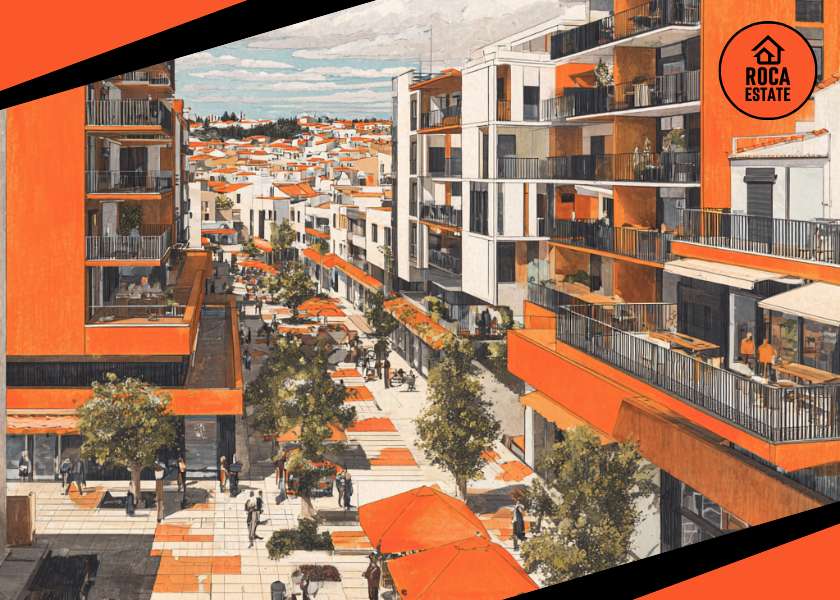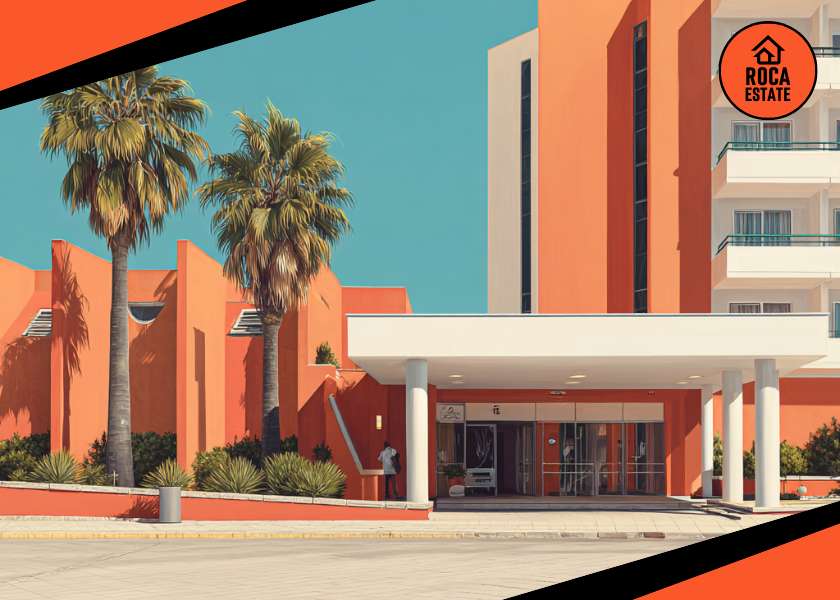As of March 2025, Portugal’s retail sector continues to demonstrate resilience, providing cautious optimism for investors interested in Portugal retail real estate. While headline growth moderated compared to February, retail-specific indicators remain firmly positive, reinforcing retail’s strategic position in the country’s commercial property market.
Key Data Highlights
The retail trade index rose 4.0% year-on-year in March. This was a slight pullback from February’s 4.5%, but still reflects strong consumer demand. Within this:
- Food, beverage, and tobacco sales surged 6.6%, up from 5.8% the month before.
- Non-food retail grew 2.3%, down from 3.6%, reflecting a more cautious consumer trend in discretionary categories.
By contrast:
- Wholesale trade declined 0.3%, a steep drop from +5.3% in February.
- Automotive trade grew 1.7%, also showing signs of cooling.
Retail stood out as the only division in positive territory, helping lift overall commerce by 1.6%, down from 4.6% in February.
Quarterly View Reinforces Retail’s Strength
In Q1 2025, retail trade volume grew 4.5% year-on-year, outperforming total trade growth of 3.1%. Retail contributed the majority of total trade expansion during the quarter, with more consistent performance compared to the volatile wholesale and vehicle sectors.
In nominal terms:
- Retail turnover rose 4.2% in March.
- Retail’s contribution to total trade growth was 1.7 percentage points, versus 1.4 p.p. from wholesale and 0.0 p.p. from automotive.
This confirms retail’s role as a key stabilizer in Portugal retail real estate.
Labor and Wage Trends Support Retail Health
- Retail employment grew 0.7% year-on-year in March.
- Remuneration rose 4.5%, reflecting both business investment and workforce retention efforts.
Monthly figures showed:
- A 0.2% drop in employment in March, following a smaller decline in February.
- A 1.1% monthly increase in wages, suggesting continued income support for retail consumer spending.
These employment trends point to a stable retail workforce—an encouraging sign for investors watching tenant viability and consumer health.
Short-Term Movement and Seasonality
On a month-over-month basis, the retail index dropped 0.6% in March. While this signals a cooling effect, it likely reflects seasonal adjustments after a strong January-February stretch.
Importantly, food retail grew 0.7% in March from the prior month—another indicator that essential goods continue to drive footfall and revenue.
Strategic Investment Takeaways
- Prioritize Essentials: Assets with grocery, pharmacy, and discount retail tenants offer more consistent returns.
- Watch Non-Food Segments: Performance is softening in discretionary retail—expect higher leasing risk in apparel and home goods.
- Account for Rising Labor Costs: Higher wage growth supports consumption but may pressure tenant margins, especially smaller retailers.
- Expect Moderation: While retail remains solid, macroeconomic conditions and base effects could dampen further gains. Monitor inflation, interest rates, and consumer sentiment.
Conclusion: Retail Real Estate in Portugal Remains a Core Opportunity
Despite sector-wide softening, Portugal retail real estate remains a pillar of stability. Retail’s resilience—especially in food and necessity-based segments—continues to attract investment, even as volatility rises elsewhere.
March’s numbers signal a pivot to caution, not retreat. Investors should continue targeting core retail assets but approach with data-driven discipline and flexibility in leasing strategies.
Ready to navigate the evolving landscape of real estate investments in Portugal?
Partner with Roca Estate to identify high-performing assets, mitigate sector-specific risks, and position your portfolio for long-term resilience. Whether you’re targeting core retail, logistics, or mixed-use opportunities, our market expertise ensures your capital is aligned with the data.
Explore real estate investments in Portugal with Roca Estate today.











